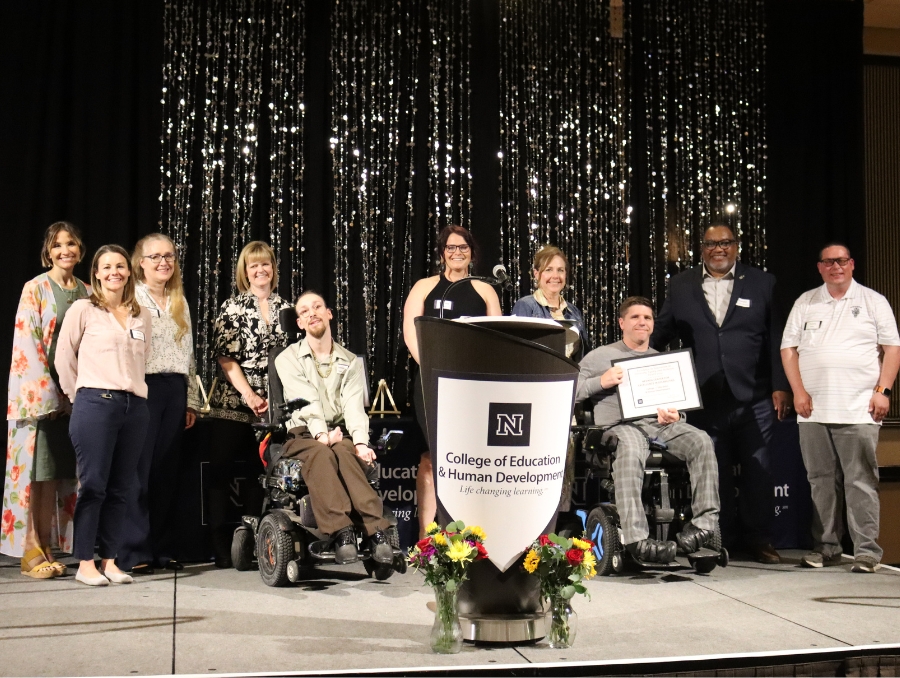One of the best parts of college is that you get a fresh start twice a year. That also means, however, that college students must make strategic decisions so that they aren’t wasting time and money toward their degrees.
David Fenimore, a veteran academic adviser and director of English department undergraduate studies, offers several tips to make the advising and registration process as smooth and as fruitful as possible.
Take the appointment seriously
Fenimore warns that when registration for classes begins, departmental advisers will almost always be fully booked. So he recommends finding your adviser early and making an appointment.
Students should have one adviser for their major and another for their minor. If students are undeclared, they can call the Advising Center or the academic department they want to declare as their major.
Once students determine who their academic adviser is, they should schedule an appointment. If a scheduling conflict emerges, students should take the professional courtesy to email or call ahead of time to cancel.
“Most advisers I know will book (their schedules) pretty solid,” Fenimore says. “It’s not a great thing to be saving a slot for somebody that doesn’t show up. Make an appointment for a time you know you can show up and make it a priority to show up.”
Come prepared
Before meeting with an adviser, students should acquaint themselves with their Degree Audit Reporting System (DARS) report. The DARS report outlines which degree requirements have been completed and which classes need to be taken to complete a degree.
Students should devise a rough plan for which courses they should take next and how those courses will prepare them for courses in subsequent semesters. Keep in mind that some courses are not offered regularly or that some programs may change.
If students haven’t declared a major or a minor, the best time to decide is between the freshman and sophomore years, Fenimore says.
“Bring any transcripts and other paperwork if there are any courses you’re transferring,” Fenimore says. “I would say always show up with a current copy of your DARS. Read it over in advance. You should know what your DARS looks like and how to interpret it.”
Don’t bring your mom
The Family Education Rights and Privacy Act protects students’ privacy regarding their academic record. Advisers and other University officials cannot disclose any paperwork or information about a student’s record to anyone, even that student’s parents, without the student’s written consent.
The same goes for advisements meetings. Fenimore emphasizes placing the responsibility of maintaining class schedules and grades mainly on the students.
“Don’t bring your mother,” Fenimore says. “People really do that. You’re an adult now and there are no more parents around.”
Don’t expect your adviser to make decisions for you
Advisers are supposed to act as guides, not as decision makers. Advisement is more beneficial when the student has an idea of where they want to take their education.
“Don’t expect to be told what to do,” Fenimore says. “You want to have some sort of idea yourself. It’s supposed to be a two-way street, this advisement stuff. And you want to throw out some ideas or at least practice participating in advisement.”
Use your adviser as a resource
Advisers can be helpful in recommending instructors. When making a choice between two different sections of one course, students shouldn’t be shy to ask about the instructors, Fenimore said.
“You don’t take courses – you take people,” Fenimore says. “People have different teaching styles and different learning styles. As much as you can, use your adviser as a resource for finding the best teachers and the best courses.”
Fenimore also suggests visiting prospective instructors and getting a feel for their personality and their teaching styles.
Students may also ask for recommendations for mentorship, an important facet of undergraduate study.
“You’re sort of expected to have a professional relationship with faculty,” Fenimore says. “That [experience] is invaluable.”
Use academic advising to take control of your education
Many departments and programs at the University require students to be advised every semester, and for good reason, Fenimore said. Advisement allows students to be more knowledgeable about their course requirements and have more control over their education. It is also one way to avoid rumors and misconceptions among students about course requirements.
“Someone told me that they hadn’t taken core humanities because they heard from somebody in one of their classes that core humanities wouldn’t be required next year,” Fenimore says. “That is the infamous rumor mill. It’s usually much more advisable to get your advisement from an advisor and not from somebody in your Spanish class.”











